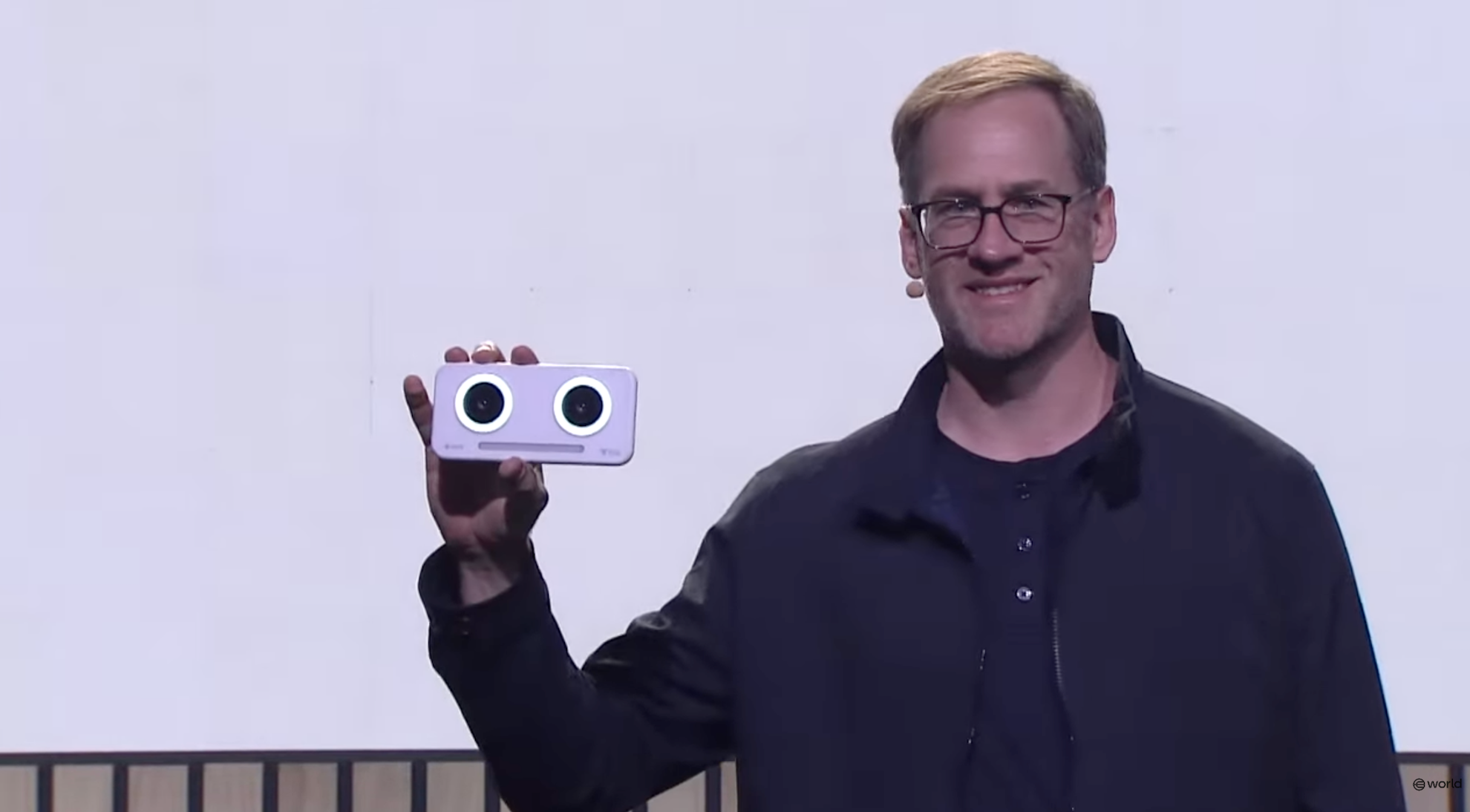New Delhi – In just a few hours, one sentence from OpenAI CEO Sam Altman wiped out nearly ₹12.5 lakh crore ($150 billion) from Alphabet Inc.’s market capitalization — marking one of the steepest single-day losses linked to a tech product launch this year.
“AI gives us a once-in-a-decade opportunity to rethink what a browser can be,” Altman said during a six-minute livestream unveiling ChatGPT Atlas, OpenAI’s new AI-powered web browser designed to redefine how users interact with the internet.
The statement was short — but its market impact was seismic.
A Six-Second Teaser That Shook Wall Street
The reveal began with a six-second teaser posted on X (formerly Twitter), showing a few browser tabs flashing open and shut. Within minutes, Altman went live, calling Atlas “the future of browsing.”
FCRF Launches CCLP Program to Train India’s Next Generation of Cyber Law Practitioners
As the announcement spread, Alphabet shares tumbled 4.8%, falling to $246.15 (around ₹20,500) before closing 2.4% lower at $250.46 (₹20,850) on Nasdaq.
For a company that dominates over 90% of the global search market, the reaction was telling — investors saw Atlas not just as a new browser, but as a direct threat to Google’s cash engine.
Atlas: When AI Takes Over Your Cursor
OpenAI’s new product ChatGPT Atlas is not just another Chrome rival — it’s a browser that thinks and acts.
Built on Chromium, the same open-source foundation as Google Chrome, Atlas embeds ChatGPT directly into every webpage, allowing users to interact, summarize, and act within the same window.
Its headline feature — “Agent Mode” — lets AI control your cursor and keyboard to complete complex tasks like:
- Booking a flight,
- Comparing and purchasing products,
- Or editing a document — all while you watch or walk away.
The feature is currently limited to ChatGPT Plus and Pro users, while free users can access basic browsing and conversational tools.
Atlas is available now on macOS, with Windows and mobile versions launching soon.
During the livestream, Altman was joined by engineers who previously worked on Chrome and Firefox — signaling a symbolic challenge to the very legacy of Google’s web dominance.
Google’s Business Model Under Pressure
Alphabet’s core revenue still comes from search advertising, which brought in over ₹14.5 lakh crore ($175 billion) last year.
But with AI chat systems like ChatGPT delivering direct, ad-free answers, users have fewer reasons to visit traditional search pages.
In essence, every query answered by Atlas is a potential lost ad impression for Google — and the market knows it.
With more than 800 million weekly ChatGPT users, OpenAI has a massive built-in audience ready to shift from search-based browsing to AI-driven task execution.
Google’s Counteroffensive: Gemini Inside Everything
Google has been aggressively embedding Gemini AI across its ecosystem — from Chrome to Gmail to Android — to defend its dominance. The company also narrowly escaped a court-mandated breakup of its browser business after intense antitrust scrutiny last month.
Yet, Altman’s announcement rattled confidence.
“Investors fear that Atlas could chip away at the Chrome–Google Search pipeline, which forms the backbone of Alphabet’s trillion-dollar valuation,” said a senior technology analyst at JP Morgan India.
As the company heads toward its third-quarter results on October 29, all eyes are on whether early signs of AI competition will show up in Google’s financials.
The Battle for the Web’s Future
The bigger story is not just a battle between two browsers — it’s a struggle over who will control the gateway to the internet.
In the 2000s, Google redefined how the world searched. Now, OpenAI wants to redefine how the world browses.
If Atlas succeeds in making AI-driven browsing seamless — where users no longer “search” but simply ask, act, and move on — it could signal the beginning of a post-search era.
For now, Google remains the web’s undisputed gatekeeper.
But Sam Altman’s single sentence has done what few have achieved in decades — make investors question if Google’s empire over the internet can really last forever.


